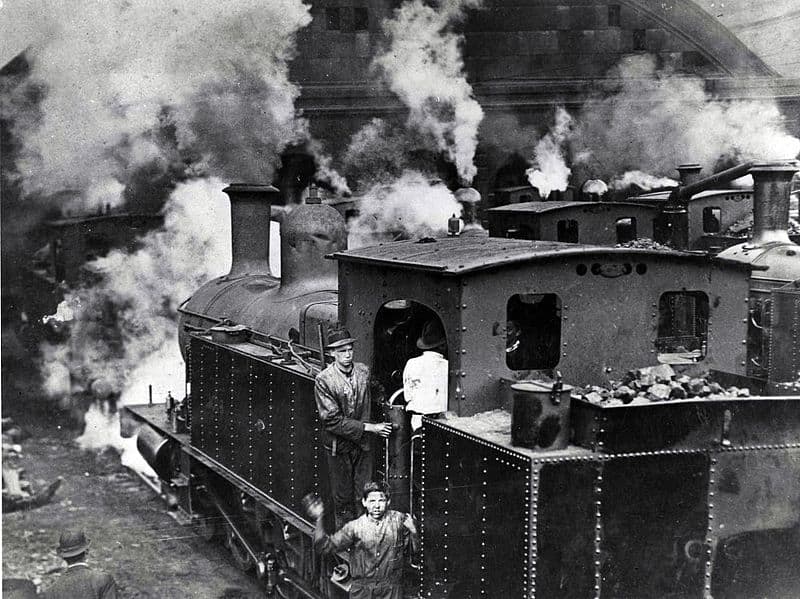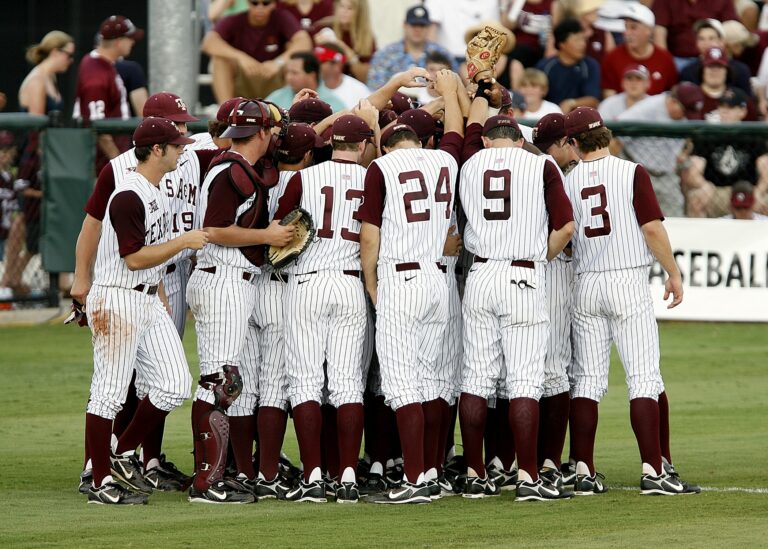
Tascha Shahriari-Parsa is a student at Harvard Law School.
In today’s news and commentary: union alleges that Starbucks forced out union leader barista; the largest private-sector nurse strike in U.S. history continues; and updates on the potential for an impending nationwide railway strike.
On Tuesday evening, Workers United filed a ULP against Starbucks alleging that the company illegally pushed out Starbucks organizing leader Jaz Brisack. Jaz, a Rhodes scholar whose story was previously featured by the New York Times and other major news outlets, decided to become a barista in order to help unionize its stores in Buffalo, NY. When she first got her job at Starbucks in late 2020, a single Starbucks shop had yet to be unionized. Her store went on to become the first. Since then, Starbucks has declined to accommodate her scheduling requests, and scheduling her on days where she has informed the company she is not available to work. “Starbucks has deliberately made my continued employment at the company impossible,” Jaz wrote in a letter to her manager on Tuesday resigning from her work, which she submitted after her manager indicated that she would be assigned three shifts during the next work period. “I look forward to coming back to work at Starbucks when the N.L.R.B. orders my reinstatement.”
Jaz claims that other employees have been allowed to work one or two days a week at the store, and that therefore Starbuck’s refusal to allow her to do the same is discrimination for her union activity. A Starbucks spokesman denied that the company applies scheduling disparately for different employees, or that such scheduling differences could be a form of retaliation for supporting a union. On twitter, Jaz also reminded everyone that she is not the only Starbucks worker forced out of work after organizing, writing: “Starbucks just fired Elliot in retaliation for her union leadership at the Knoxville Merchants Drive store, after months of refusing to respect her work accommodations,” and posting a link to a gofundme for Elliott’s campaign.
As Travis reported on the blog on Tuesday, about 15,000 nurses are currently striking in Minnesota, the largest private sector nurse strike ever to have taken place in the U.S. In a Washington Post feature, one of the nurses at Abbott Northwestern Hospital in Minneapolis, Melisa Koll, stated: “All they’ve been talking about in the media is where we’re at with wages and our proposal [for 30% wage increases over three years] is way too high. We realize it’s high. But we will not come down until they will listen to us about staffing. What we’re looking for in staffing is for the nurses who are at the bedside to have some say in what the staffing looks like for that particular unit. And [the company is] not willing to give up any of that control.” Another nurse, Allison Klinger, wrote: “We’re trying to scramble to try and find people just to cover us” and that newborns “are not getting the care they deserve.”
The hospital hired replacement workers for $8,000 for the week, which covers three days of the strike and two days of training. But nurse Angela Becchetti notes that these replacement workers “don’t know our policies [or] protocols . . . They don’t know where stuff is, how does our unit work, how do our patients work and you can’t learn that in a couple days of training and that’s an issue for us.” If the hospital agrees to their current demands, the base pay for a starting nurse would rise to about $35, up from the current roughly $31. If the nurses are successful (and even if they are not), they could be an inspiration to nurses and other workers throughout the country who are facing similar challenges of short staffing and low pay amidst rising inflation.
The ongoing threat of tens of thousands of railway workers going on strike continues, though a strike may not happen immediately at the end of this week. Although most of the railroad unions in the dispute have reached agreements, those unions plan to strike unless a deal is reached with every one of the twelve unions. Members of IAM District 19 voted to allow their leadership to authorize a strike if necessary as they voted down a tentative agreement with the National Carriers’ Conference Committee, which represents railroad companies in collective bargaining. However, IAM District 19 also agreed to an extension through September 29, which could mean that railway union members may not strike when the strike deadline hits at the end of this week.
Suzanne Clark, head of the U.S. Chamber of Commerce, warned that a national railway strike would be “an economic disaster – freezing the flow of goods, emptying shelves, shuttering workplaces and raising prices for families and businesses alike.” But workers make clear that they believe striking “feels like the only recourse at this point.” If Congress intervenes to prevent a strike, then workers will be forced to work under conditions they have not agreed to—currently legal under the Railway Labor Relations Act but, as Professor James Pope and AFA-CWA attorney Joe Burns have argued, running in tension with the Thirteenth Amendment’s prohibition on the involuntary servitude. How the Biden administration decides to act may be a test of the administration’s commitment to unions and organizing, even when it’s hard.






Daily News & Commentary
Start your day with our roundup of the latest labor developments. See all
August 29
Trump fires regulator in charge of reviewing railroad mergers; fired Fed Governor sues Trump asserting unlawful termination; and Trump attacks more federal sector unions.
August 28
contested election for UAW at Kentucky battery plant; NLRB down to one member; public approval of unions remains high.
August 27
The U.S. Department of Justice welcomes new hires and forces reassignments in the Civil Rights Division; the Ninth Circuit hears oral arguments in Brown v. Alaska Airlines Inc.; and Amazon violates federal labor law at its air cargo facility in Kentucky.
August 26
Park employees at Yosemite vote to unionize; Philadelphia teachers reach tentative three-year agreement; a new report finds California’s union coverage remains steady even as national union density declines.
August 25
Consequences of SpaceX decision, AI may undermine white-collar overtime exemptions, Sixth Circuit heightens standard for client harassment.
August 24
HHS cancels union contracts, the California Supreme Court rules on minimum wage violations, and jobless claims rise